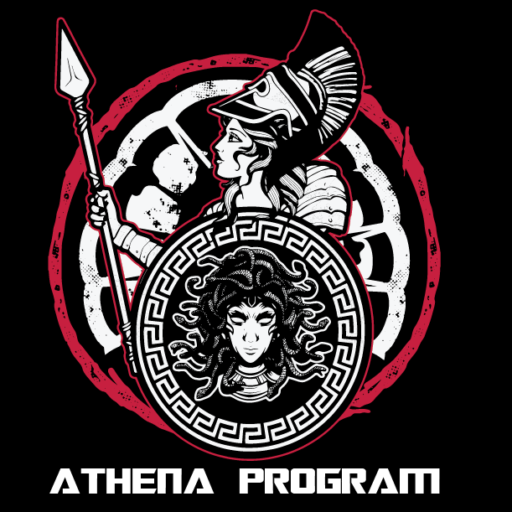Finding a way to fuel your workouts with these simple 7 tips is super beneficial. When we get into a new structure and routine, we all want to do things right to achieve our goals. We try to do everything at once and a lot of us have an « all or nothing » mentality. We want to get the training plan right, the food right, good recovery, etc.
However, if we simply start with smaller steps to optimize the basics, we can achieve great things. Without getting overly complicated with nutrition, I would like to address a question I’ve been asked by a client recently participating in our A.T.H.E.N.A. Program: what should you be having to eat before and after workouts?
This is what we will tackle in this post.
*Disclaimer*: You should always seek the advice of experts like our coaches Dave and LP. This blog post is to serve as a guide to understand the theory behind pre and post workout nutrition, NOT a meal plan.
The Theory
Put into simple terms, during a workout session, you want to be stressing and loading your body in order for it to adapt and make progress in response to a stimulus. Whether your goal is to build muscle tone and increase strength: you will want your muscles to be challenged in a way where they have to work harder to adapt to the stimulus and adapt by rebuilding muscle fibers to become stronger.
For women this is especially important.
Maybe your goal is weight loss: you will want to increase your heart rate which in turn will require your body to spend more calories to match the demand of your workout and burn fat.
Then, after your workout, you want to replenish your body with what it needs so that it can properly recover, replenish your muscles and rehydrate.
Pre Workout
Here are the main goals of a pre workout meal:
1- Provide energy – have fuel to run on, especially carbohydrates(carbs)
2- Delay fatigue
3- Prevent dehydration
4- Minimize digestive distress
You will want to take that meal 1-4 hours prior to exercise, this will especially help with minimizing any digestive distress and allow for proper hydration.
The components you will want in that meal:
- 5-10mL per Kg of bodyweight of H2O
- High amount of carbs ex.: close to 1g/Kg of bodyweight
- Moderate amount of protein, around 10g
- Small amount of fat ex.: Tbsp
For example, here is what a breakfast could look like if you are going to workout in the next 1-4 hours following, and are around 150lbs – 68Kg:
- H2O: A 500mL bottle of water
- Carbs: 2 slices of toast with a sliced banana and a cup of strawberries
- Protein and fat: 1 tbsp of peanut butter (also protein found in your bread)
Post Workout
Here are the main goals of a post workout meal:
1- Replenish glycogen in the muscles
2- Provide protein to repair the muscles
3- Rehydrate and replace lists electrolytes
You will want to take that meal in the next hour post workout.
The components you want in that meal:
- Higher amount of carbs ex.: closer to 1-1.5g/Kg of bodyweight
- High amount of protein 15-30g
- H2O 1-1.5L per Kg of body weight LOST
- « Salty » foods as well a veggies and fruits to replenish electrolytes, vitamins and minerals.

Post workout, high protein meal
For example, this is what your post workout meal could look like, within the hour after exercising if you weigh aorund 150lbs-68Kg:
- H2O: dependant on how much water weight/sweat you lost. Aim for more water when in doubt.
- Protein: A palm size portion of meat or fish.
- Carbs: 1 cup of rice and 1 cup of veggies
- Electrolytes/salt: Spring mix salad with vinaigrette
Conclusion
As mentioned above, this blog post is meant to serve as a guide to understand the principles behind pre and post workout nutrition and to empower you to fuel your body to achieve its full potential. For more individualized advice, please reach out and we will be happy to refer you to some awesome nutrition coaches on our team.
Are you a retired woman of the Canadian Armed Forces? Looking to come join us on the A.T.H.E.N.A. Program?
Sign up for Canada’s first, 3 month, subsidized, online training program for veterans Click Here
I’d love to work with you so that you can become a healthier, fitter more confident version of yourself.
Coach Audrée
Train Hard, Fight Easy

Audrée is an Athletic therapist from Concordia University and a reservist in the CAF with the 51st Fd Amb. Coming from a contemporary dancing background, she was looking to improve her physical capabilities through strength and conditioning. At 17 years old she had her personal training certification and was working in a gym helping people reach their fitness goals. She now is focusing her work on getting people to their full potential through globally assessing body mechanics and weaknesses with athletic therapy.

